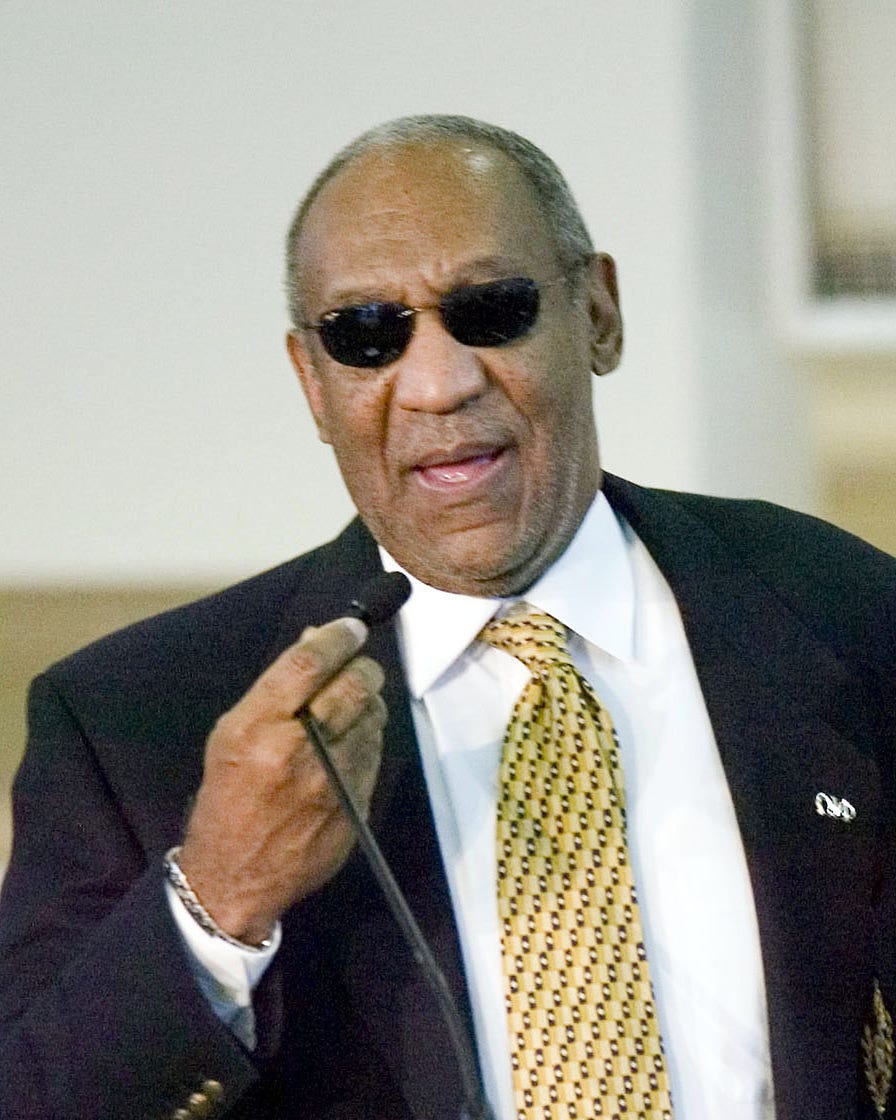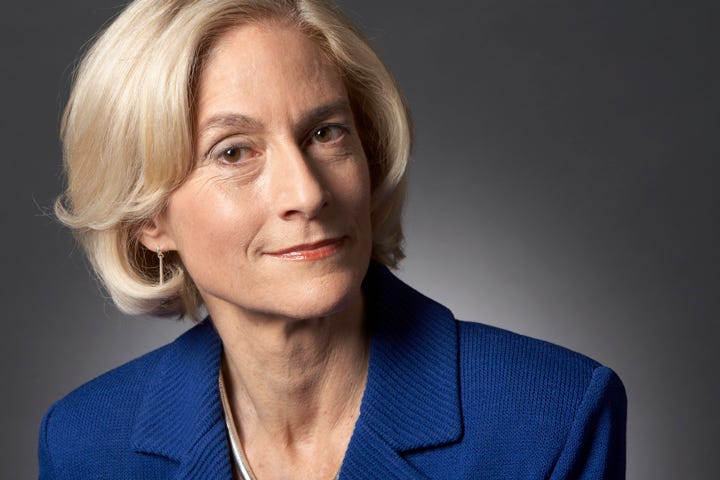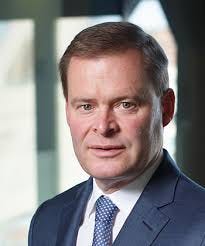Bill Cosby, Martha Nussbaum, #MeToo, and the dual meanings of "due process."
No wonder victims and their allies want to "name and shame" abusers. Often it is the only route to justice, and to ultimately changing the culture that enables abuse.

“…if the odor did not reach the majority of justices on the Pennsylvania Supreme Court, perhaps it is because they have held their noses a little too high in the air, both legally and morally speaking.”
On the last day of June, the majority of justices on the Pennsylvania Supreme Court, in their judicial wisdom, decided that Bill Cosby had been denied “due process” when he was convicted in 2018 of aggravated indecent assault. The majority considered that it was reasonable for Cosby to think that he had received a promise of non-prosecution from the sleazy then-DA Bruce Castor, and that when he testified in a civil case and made incriminating admissions he had been given immunity.
Interestingly, the author of the majority opinion, David Wecht, is often called the “Great Dissenter” for his blistering dissections of illogical decisions by his fellow justices. (One of his most notable dissents came just last December, in a complicated case where the Court upheld a gag order against a mother seeking custody of her child.)
But in the Cosby case, it fell to two other justices to remind the court that there were alternatives to letting Cosby out of jail, even though there was little doubt that he was guilty as charged. For example, the trial court could have barred Cosby’s deposition from being used against him, as is often done when evidence is found to be tainted in some way. The fact that this would surely have weakened the prosecution’s case is besides the point; Cosby would have received due process and, if he were convicted, there would have been little to stand in the way of his serving his full sentence.
For more on these points, I would recommend reading Jessica Goldstein’s July 1 piece in The New Republic, “The Betrayal of Justice That Set Bill Cosby Free,” for an incisive critique of the Court’s decision and the very flimsy evidence that Castor really promised Cosby anything. Indeed, this case stinks to high heaven, and if the odor did not reach the majority of justices on the Pennsylvania Supreme Court, perhaps it is because they have held their noses a little too high in the air, both legally and morally speaking. (For another example of how the law can be an ass, please see this analysis of the U.S. Supreme Court’s terrible decision in the child slave labor cases.)
But the month of June was interesting for another, albeit related, reason. Two major chronicles of our intellectual life—The New Yorker and The New York Review of Books, in pieces that bookended the month—interviewed University of Chicago philosopher Martha Nussbaum on the occasion of her new book, “Citadel of Pride: Sexual Abuse, Accountability, and Reconciliation.” Since this is an area I am qualified to comment on, having spent the last nearly six years as a #MeToo reporter—and the last year as a defendant in a $18 million defamation suit stemming from that reporting—I’ve got some things to say about Nussbaum’s ideas. I’m sure I’m not the only one.
Due process is as due process does
The month of June began with a June 1 interview in The New Yorker by Isaac Chotiner, entitled “Martha Nussbaum on #MeToo,” and ended on June 30 with an interview in the New York Review of Books conducted by Columbia University’s Claudia Dreifus, simply called “Dismantling the ‘Citadels of Pride.” (Full disclosure: Claudia Dreifus is a friend and colleague for whom I have always had, and still have, great admiration, especially for her years of interviews conducted for the New York Times.)
Obviously both pieces were prepared well before the June 30 decision letting Cosby out of jail for supposed violation of his due process, but I wonder if the articles and the questions might not have been a little different if they had been published later.
In The New Yorker, Nussbaum puts her concerns about due process for sexual harassers and abusers very bluntly. Here are some sample quotes:
“About twenty years ago, I was involved in a controversy where some criminal-law theorists were recommending bringing back shame punishment at the penalty stage. I argued against that back then, and I said, first of all, it’s a mistake, an offense against human dignity to brand the whole person with what is actually a single act. You can’t confuse the act and the person. Then, second, it’s just wrong to have the crowd administer the penalty.”
“Now, with social media, we’re really back to the stocks and the pillory, where the public is judge and district attorney and jury and the penalty administrator. And this is really, really bad. Your whole life can be ruined by something you didn’t even do.”
“…we don’t have to make judgments. We can wait and let the jury do that. And then, in the selection of the Harvey Weinstein jury, they tried very hard not to admit anyone who had made up their mind about the case. I thought it was very interesting how the jury did deliberate. In fact, they convicted him on some charges, not on others. They didn’t just go in with a blanket prior and come to a quick conclusion. They sifted all the evidence.”
And from the interview with Dreifus in The New York Review of Books:
“When something’s illegal, you’re on notice that you shouldn’t do it. That’s had a tremendous impact.
“Whereas #MeToo is case by case. It’s mostly without due process and it’s about public shaming. There’s great danger in that because public shaming works by cascades and rumors. Where is the due process that’s crucial to justice? Though I value the outspoken women who have come forward, it’s only going to work if it improves law.”
I don’t want to give the impression that Nussbaum condones sexual misconduct or thinks that abusers should get off lightly, because that is not the case—she has long been outspoken against it. But by arguing that what we need is better laws and better execution of the laws, Nussbaum is ignoring the highly retaliatory and intimidating context in which sexual harassment takes place. That throws up high barriers, not against due process for the abusers—an issue that perpetrators, their defenders and apologists, and the Pennsylvania Supreme Court seem greatly concerned about—but against due process for the victims and survivors.
To take what might seem to some a cheap shot, but which I think needs to be said, if someone sexually harassed a tenured, famous philosopher like Martha Nussbaum, I don’t think they would get away with it. But if a tenured science professor harasses a female graduate student in the lab or during fieldwork that the student desperately needs to finish her PhD, the outcome is usually much different.
One would think that Nussbaum would understand this, given her own experiences. When Bill Cosby was charged with sexual assault in 2017, Nussbaum penned a piece for the Huffington Post entitled “Why Some Men Are Above the Law.” In that article, Nussbaum related a very painful and personal experience she had in 1968, when she was sexually assaulted by a well-known actor. Here are a few quotes from that piece:
“…as a society we have created a class of glamorous and powerful men — entertainers, athletes — who are in a most literal sense above the law. They will almost always prevail against all accusations, no matter what they do in the sexual domain, because they are shielded by glamor, public trust, and access to the best legal representation.”
“So what I think as I read the news is, ‘For one Cosby, there are hundreds like him who will never be indicted.’”
And, most interestingly,
“Law cannot fix this problem. Famous men standardly get away with sexual harms, and for the most part will continue to do so. They know they are above the law, and they are therefore undeterrable. What can society do? Don’t give actors and athletes such glamor and reputational power. But that won’t happen in the real world. What can women do? Don’t be fooled by glamor. Do not date such men, unless you know them very, very well. Do not go to their homes. Never be alone in a room with them. And if you ignore my sage advice and encounter trouble, move on. Do not let your life get hijacked by an almost certainly futile effort at justice. Focus on your own welfare, and in this case that means: forget the law.”
To be fair, Nussbaum wrote this in January 2017, nearly a year before the New York Times and The New Yorker exposed the conduct of Harvey Weinstein, for which he is now serving time in jail—although only for a tiny percentage of the crimes he actually committed. I do wonder what has changed between the Huffington Post piece and her new book that makes Nussbaum think naming and shaming is bad and due process is a real possibility. If there is a lesson to the Weinstein story, it is not that justice wins out in the end or that victims and survivors should put their trust in the law and the justice system. If anyone thinks that, they should talk to the victims of McDonald’s managers who have to endure constant harassment because they are just trying to feed their children.
Some examples from my own experiences as a #MeToo reporter
As I mentioned above, I have been a #MeToo reporter for nearly six years, starting when I was a reporter for Science and continuing to the present day. During that time I have investigated several dozen cases, all in academia—where harassment is, sadly, rife—and most in the sciences. My first investigation, for Science, led to the forced resignation of the former human origins curator at the American Museum of Natural History in New York City, Brian Richmond (whom I am naming and shaming in the photo above) who had sexually assaulted a museum anthropologist he supervised; Richmond had also harassed many other young women.
More recently, my reporting led to the firing of the president of the University of Adelaide in Australia, Peter Rathjen, for sexual assault and harassment at multiple universities.
In these cases, and in almost all the other cases I have investigated, victims and survivors counted on a journalist to expose the wrongs that the institutions these powerful men were part of had long refused to do anything about.
(That was also true of what was really the first big #MeToo case, more than two years before Weinstein, that of astronomer Geoff Marcy at the University of California, Berkeley. Azeen Ghorayshi of BuzzFeed landed her story when undergraduates who had been harassed by Marcy—whom the university had given no more than a slap on the wrist—talked to Azeen and gave her the story. The astronomy community very soon afterwards forced Marcy to resign—was that a violation of due process, or a mob action?—and he has just been kicked out of the National Academy of Sciences after a lengthy investigation.)
In conclusion, while we can agree with Nussbaum that the justice system needs to do a (much) better job of dealing with #MeToo cases, it is also true that some situations—perhaps even most—are not appropriate for court trials or even civil trials. Those situations, which are often atrocities in their own right, call for the most severe consequences possible for abusers, so that future perpetrators will think twice (or more) about committing such acts. That is how the culture really changes: The law can play its part, but community and peer pressure is an important part of the mix.
Those who worry about “due process” should ask themselves two questions: First, are the victims getting due process when someone like Bill Cosby walks out of jail? Second, if someone is judged by their peers, in the context of the community to which they belong—like Geoff Marcy was—is that not also a form of due process?
I reject the criticism that this is some kind of “mob rule.” Rarely is anyone drummed out of the corps with no evidence; indeed, as in the Weinstein case, the evidence accumulated outside of the courtroom is often much greater that that inside it. In the cases I am familiar with it, the evidence accumulated right in front of the noses of academic colleagues who were too afraid (or too complicit) to do anything about it.
And if the law wants to catch up legally and morally with the #MeToo movement, there is nothing stopping it from doing so—save a misguided court decision here and there that puts someone like Bill Cosby back on the theater circuit.







This is a lot of food for thought. Especially as someone who literally received none of the due process mandates from the(at the time) new Trump era title ix regs. It’s also a firm who mainly represents the accused in due process claims who has given the biggest chance to my case for contingency. Maybe what is needed, at least in academia, is what I actually think circumstances like mine, and others, have to offer...a meeting point where due process for all parties along with more wins for “heightened risk” /“pre-assault” claims occur —because those claims refocus justice on the institutions that enable, nurture cultures where it occurs. Too often the law keeps over correcting when it comes to title ix. That’s because the institutions that enforce them are more concerned with their best interests. I’m still learning so much. I hope that made sense.